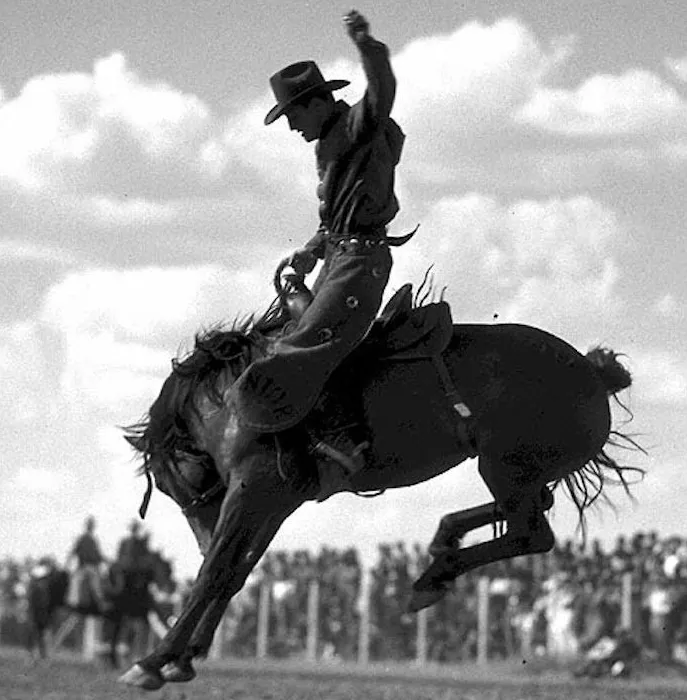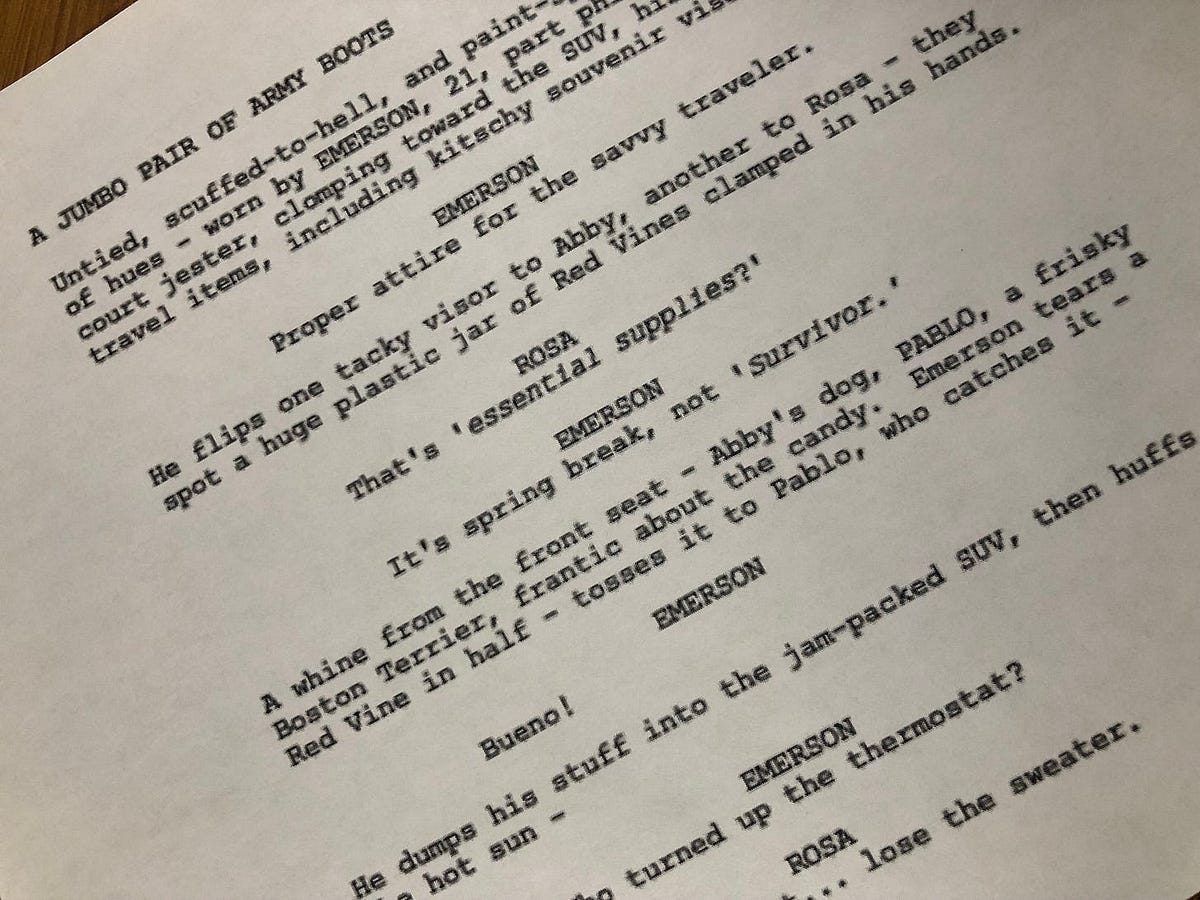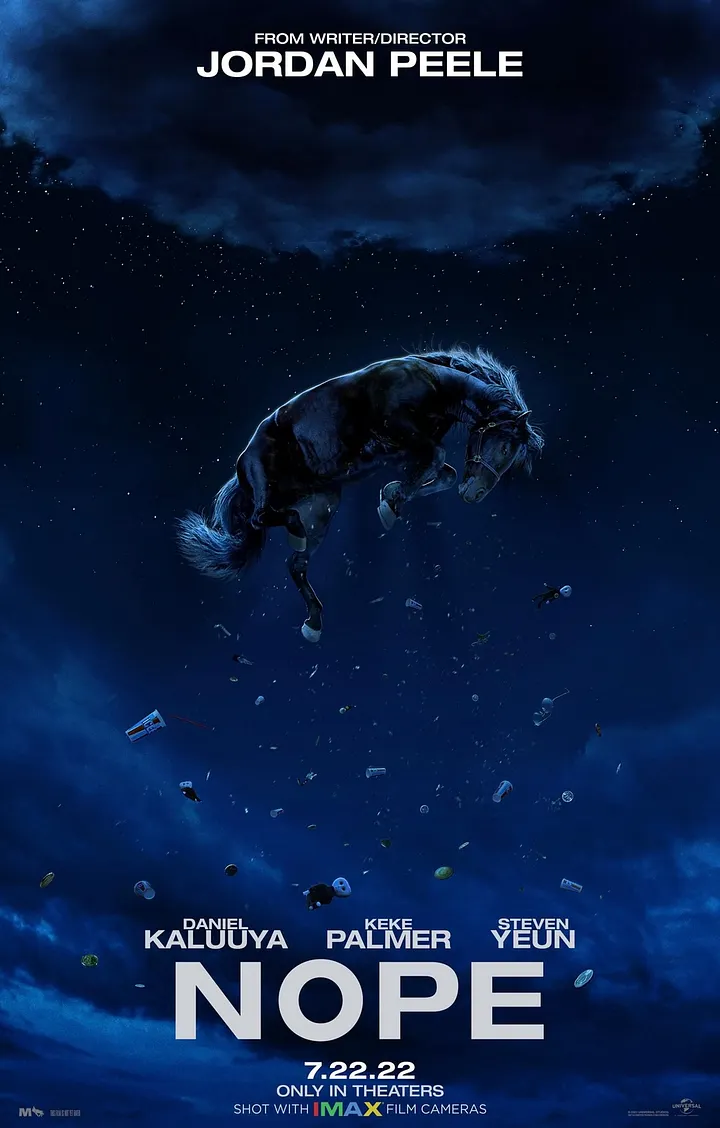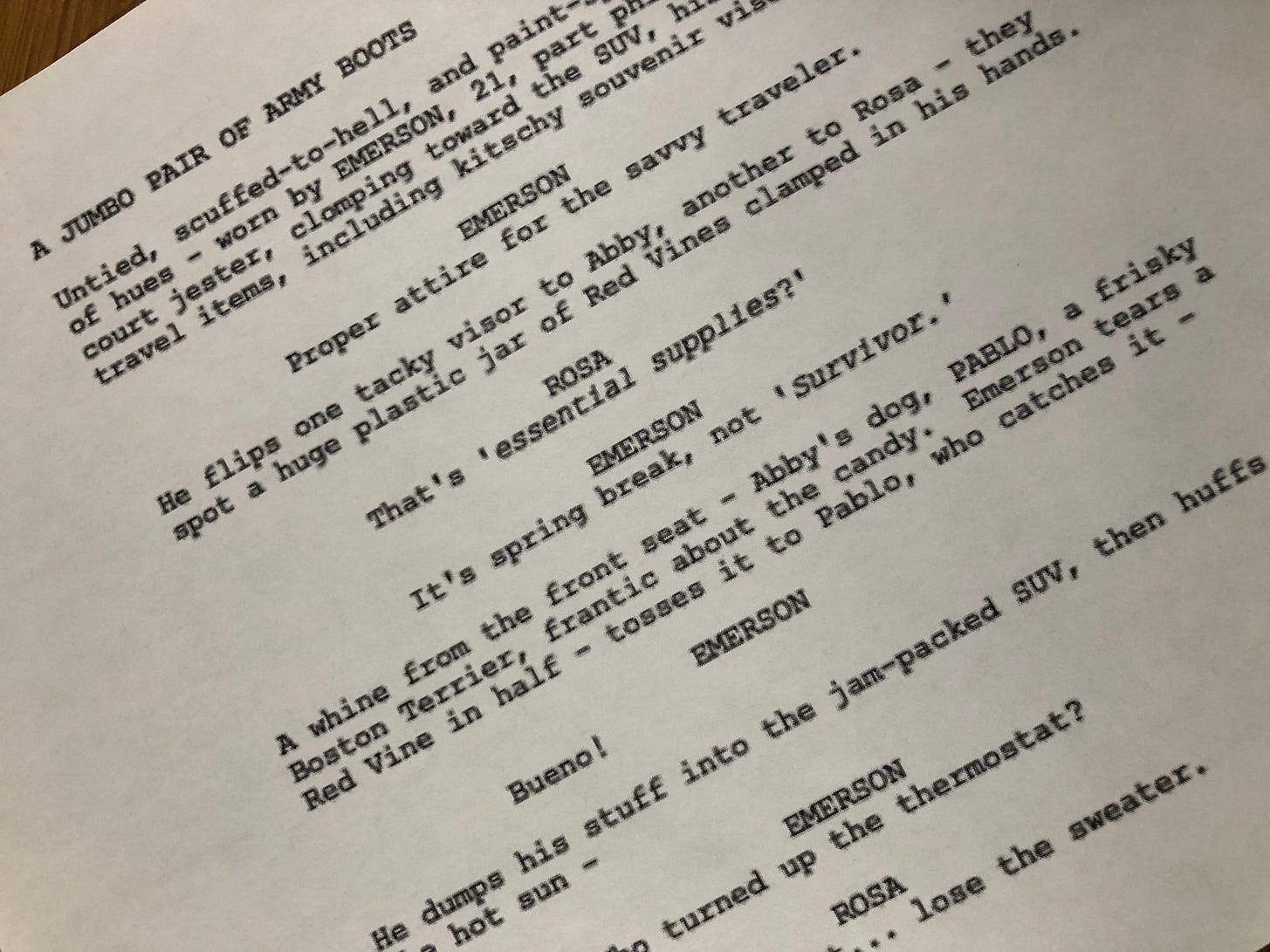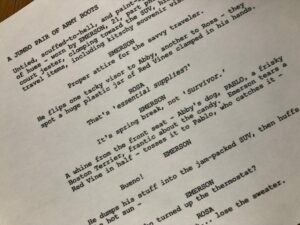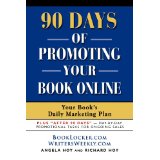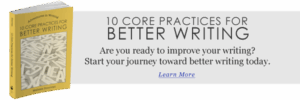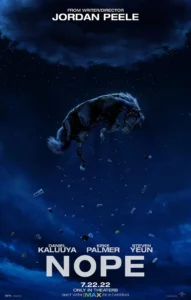Unlock the Secret to Captivating Storytelling Before You Even Write a Word
Ever wonder why some scripts sprint off the page with electric energy, while others stumble into oblivion? It’s tempting to dive headfirst into typing FADE IN and just let the words fly – who hasn’t been bitten by that itch to start writing, pronto? But here’s the rub: no matter how beautifully you slap words down, if you haven’t truly muscled through the prep work—breaking down your story like a wild horse—the chances are good your narrative’s going to buck and throw you off before you even reach the end.
I get it. Prep-writing sounds about as thrilling as organizing your sock drawer. But trust me, this stage is the unsung hero of every successful script. Brainstorming, character deep-dives, plotting, research, index cards—these aren’t just tedious tasks; they’re your secret weapon. Crafting a solid foundation not only helps you find your story, it keeps your enthusiasm alive long enough to push through the grueling first draft and beyond. Because here’s a reality check: if you’re wandering in the fog of plot confusion when you’re halfway through your draft, guess what? The chair’s going to feel a whole lot heavier.
Some writers swear by jumping straight into writing—no prep, no outline, just guts and guile—and hey, if it works, I tip my hat. But for the rest of us mere mortals, the prep phase is where the magic brews, where frustration transforms into clarity, and scattershot ideas morph into a symphony of storytelling. Without it? You’re risking another dusty screenplay on the “died on the vine” pile.
So, want to tame that wild narrative beast? Break it in first. It’s not just screenwriting gospel; it’s the path from chaos to screenplay triumph.

My only Prep: From Concept to Outline workshop of 2025 begins June 2nd.
Read on for a special offer on my book The Protagonist’s Journey: An Introduction to Character-Driven Screenwriting and Storytelling, an Amazon #1-rated Best Seller in Film and Television.
As I say: There is no right way to write. Each writer is different. Each story is different. There is no single universal approach that works for everyone.
However in my view, it is impossible to overstate the importance of prep-writing. Brainstorming. Character development. Research. Plotting. Index cards. Outline. However you do whatever you do leading up to FADE IN, do it and do it an immersive, thoughtful way.
In other words, break your story in prep.
I understand writers have an itch to get into the page-writing, which is great because that can help overcome the single greatest challenge of writing: depositing one’s ass onto one’s chair to actually write.
However, we have to balance that out with finding the story.
Prep-writing is essential to the success of page-writing.
Some writers absolutely loathe and can’t handle any sort of prep. They simply have to type FADE IN (or if a novel, crack open that file) and have a go at it. Nothing wrong with that… if it works.
Repeat: You may be a writer who either cannot abide the process of prep-writing or find it actually inhibits your creativity. Whatever approach you discover that works for you, even if it involves little or not prep work, good luck and go with God.
First, in my experience a writer is much less likely to finish a script if they haven’t figured out at least the major plot points before they type FADE IN. If they get lost, confusion sets in. If they are not finding the story, their enthusiasm wanes. At some point, frustration enters, then bitterness, then rejection. Another script on the Died On The Vine pile.
Second, even if they do manage to get to FADE OUT — and acknowledging that a first draft is always going to be rough — unless they do 10–15 drafts, I doubt they will ever find the story they could have discovered if they had fully immersed themselves in it in prep. That is one of the big values of…
